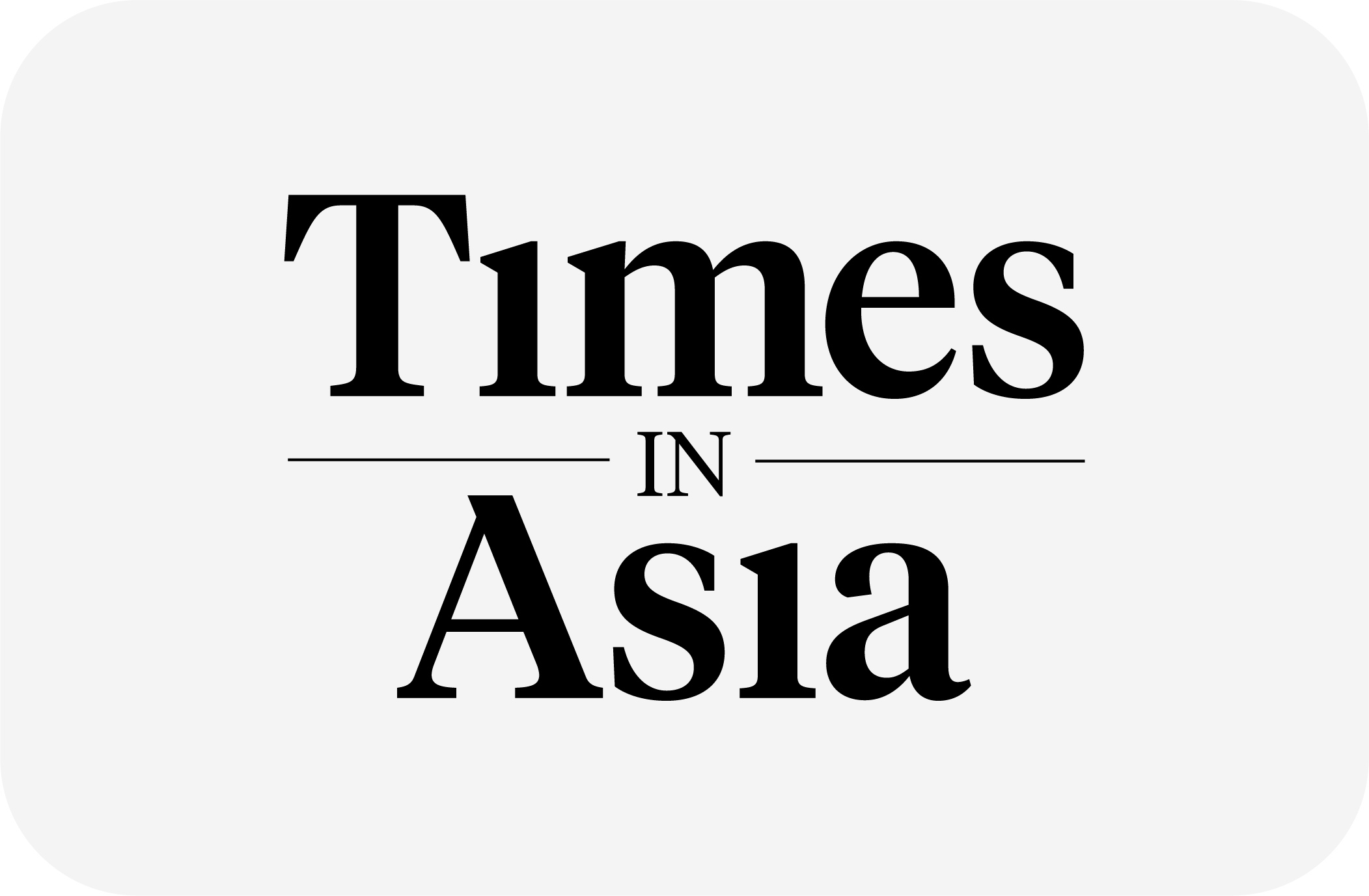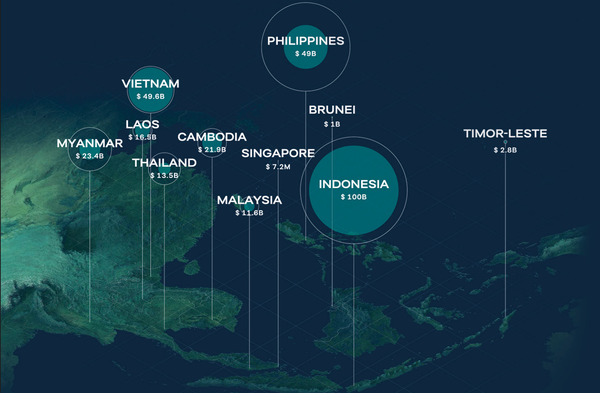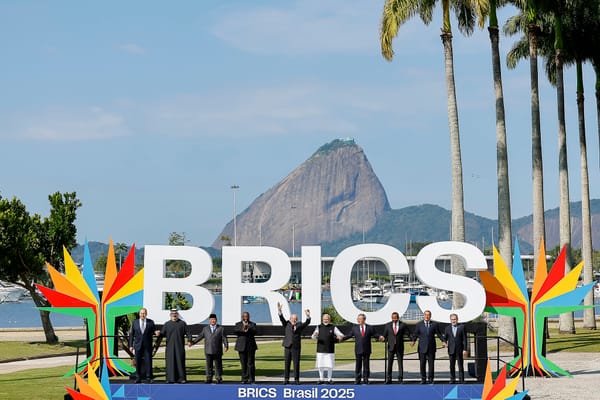
Rubio in Kuala Lumpur as ASEAN tariffs clock ticks
US Secretary of State Marco Rubio arrived on Tuesday, 8 July, in the Malaysian capital of Kuala Lumpur for a 5-day visit, underscoring America’s commitment to strengthening ties with Southeast Asia (SEA) at a critical juncture in US-Asia trade relations.
His visit coincides with the expiry of a 90-day tariff freeze, leading to new US tariffs targeting several Association of Southeast Asian Nations (ASEAN) nations.
Rubio’s mission to shore up ASEAN partnerships
According to a White House press release, Rubio’s trip aims to highlight the strength of the US’s Comprehensive Strategic Partnership with ASEAN and to reaffirm the commitment to building on the Comprehensive Partnership with Malaysia. He is scheduled to participate in the 58th ASEAN Foreign Ministers Meeting (AMM) and meet senior Malaysian officials during his stay.
Rubio emphasised the US's dedication to advancing a free, open and secure Indo-Pacific region amid growing regional geopolitical complexities.
New US tariffs on ASEAN countries take effect
US President Donald Trump announced on 9 July 2025 the end of a tariff pause, with reciprocal levies set to take effect from 1 August. Under this plan, Malaysia faces a 25% tariff, Laos and Myanmar 40%, Cambodia and Thailand 36%, and Indonesia 32%, according to Reuters. Tariff rates for Brunei and the Philippines remain unspecified.
Vietnam, however, has already negotiated a preliminary deal reducing its tariff to 20%, while agreeing to enforce a 40% penalty on suspected transshipments of Chinese-origin goods, according to the Vietnamese Ministry of Industry and Trade. A ministry spokesperson stated that the agreement preserved key market access and demonstrated Vietnam’s willingness to shoulder additional compliance costs to stabilise trade flows.
ASEAN’s unease over US trade policies
ASEAN officials have voiced concerns that the expiry of the tariff freeze without clear bilateral frameworks may fragment regional responses and complicate trade continuity.
Analysts at the Center for Strategic and International Studies (CSIS) noted Rubio’s visit underscores Washington’s need to re-anchor its Indo-Pacific economic narrative, but added that symbolism alone will not ease ASEAN concerns, as detailed in their analysis.
Malaysian Prime Minister Anwar Ibrahim urged the US to engage ASEAN as a unified economic actor, warning that a fragmented approach weakens both leverage and capacity to manage shocks, according to Malaysian daily The Star.
Professor Khoo Ying Hooi of Universiti Malaya observed that ASEAN's unity is being tested amid geopolitical tensions, as the superpower adopts a more transactional and unpredictable approach.
Thailand’s proposal to avert tariffs
Thailand submitted a revised offer on 6 July proposing to eliminate import tariffs on 90% of US goods and reduce its USD 46bn trade surplus by 70% over five years. The plan includes expanded US access to Thai agriculture, industry, energy, and aircraft sectors, Thai Finance Minister Pichai Chunhavajira said in an interview with news agency Bloomberg.
Thailand was the largest export destination for US goods in 2024, accounting for 18% of shipments, with exports rising 15% in early 2025 amid the tariff pause. Analysts estimate that a 36% tariff could reduce Thai GDP growth by at least 1 percentage point, according to a Bank of Thailand report.
Concerns over semiconductor export controls
Draft rules from the US Department of Commerce aimed at restricting high-end semiconductor exports and cracking down on third-country rerouting have stirred concern in Malaysia and Thailand, key players in AI chip assembly and re-export. While no enforcement has been disclosed, scrutiny has increased following the expiration of US-China tech exemptions earlier this year, Bloomberg reported.
Myanmar conflict, strategic challenges
ASEAN is also expected to address the ongoing civil war in Myanmar, which erupted in March 2021. Analysts warn ASEAN’s credibility is at stake as it faces pressure to take a stronger stance, according to Al Jazeera.
The bloc is navigating a complex US-China rivalry, with China positioning itself as an alternative partner in trade and regional security.



